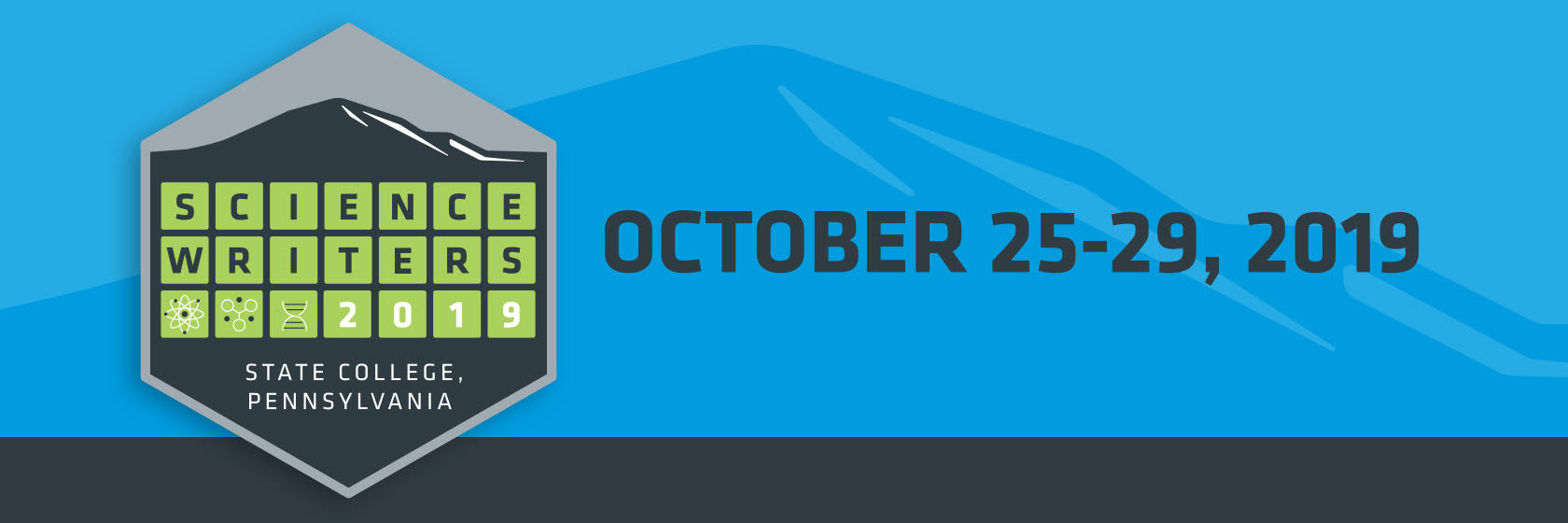W Full disclosure: Reporting on scientists' conflicts of interest
In science writing, most stories understandably focus on the science: Who were the researchers? What did they discover? How? Reporters often turn a critical gaze toward those results and methods, but uncovering the conflicts of interest that may also influence the research can be more difficult, opaque work.
It's also important work: If a scientist finds that an anti-aging treatment is successful, but she invested in the company that developed the treatment, readers deserve to know that. How to find that out in the first place, though?
This session will explore some answers. Experts will present tools and philosophies that writers can use to incorporate sources' conflicts of interest into stories, and then attendees will brainstorm ways to turn these new tricks on their own reporting and writing.
In a panel portion of the workshop, journalists, academics, and public information officers will address:
- Why a source's conflicts of interest matter, what forms they take, and how to bring them up in interviews.
- How to find conflicts of interest, using databases, academic papers, institutional disclosures, and online tools.
- Ways that sources' conflicts of interest can lead to surprising stories.
- What research ethics exist for scientists, and how scientists themselves think about conflicts of interest.
- How public information officers handle their scientists' conflicts.
After this, attendees will form into small groups to discuss where conflicts might live in the fields they cover, promote, or study. Everyone will leave with strategies specific to their own work and from other group members from different fields.
- Time:
- Saturday, October 26th, 3:30 pm to 4:45 pmAdd to Calendar
- Location:
- Boardroom, Nittany Lion Inn
- Speaker(s):
- Stephanie M. LeeScience reporter, BuzzFeed News, San Francisco, Calif.
- Liza GrossFreelance journalist, San Francisco, Calif.
- Genevieve KanterResearch assistant professor, general internal medicine, Perelman School of Medicine; assistant professor, Division of Medical Ethics and Health Policy, Perelman School of Medicine, University of Pennsylvania, Philadelphia, Pa.
- Vanessa McMainsSenior media relations representative, Johns Hopkins Medicine, Baltimore, Md.
- Moderator(s):
- Sarah ScolesFreelance journalist, Denver, Colo.
- Organizer(s):
- Katie PalmerScience editor, Quartz, Northampton, Mass.
- Sarah ScolesFreelance journalist, Denver, Colo.
